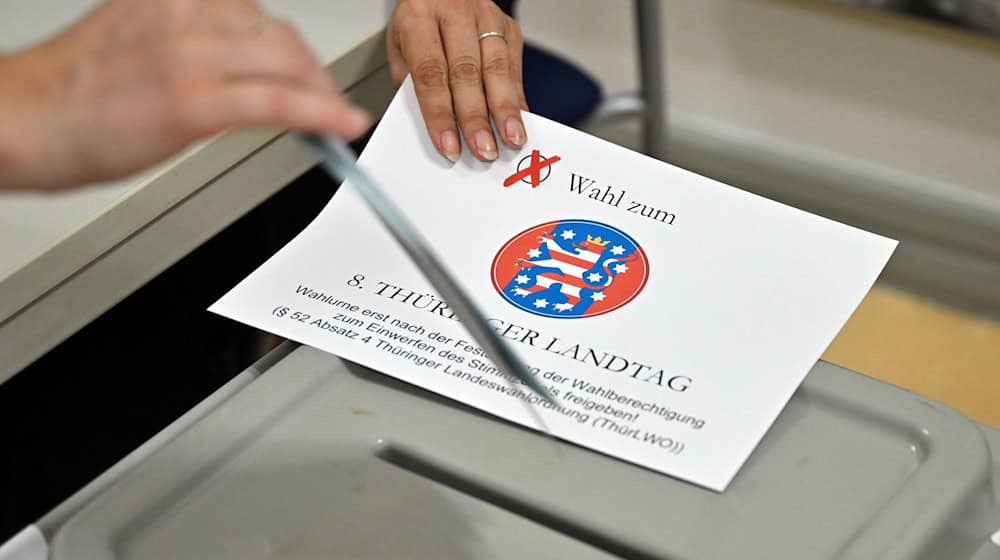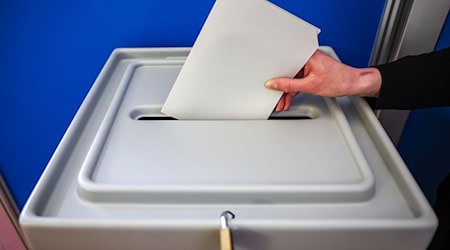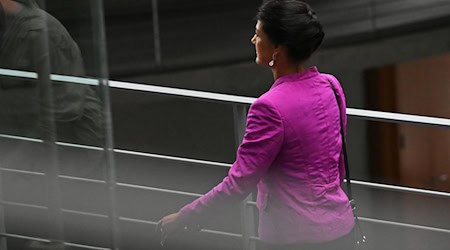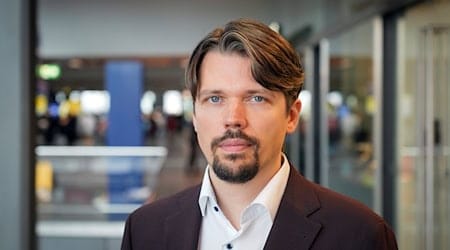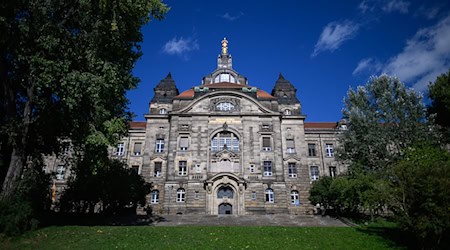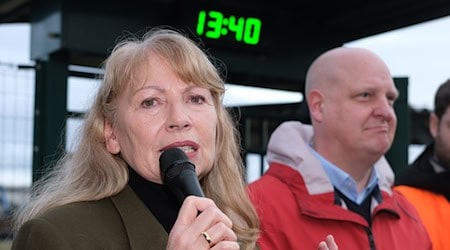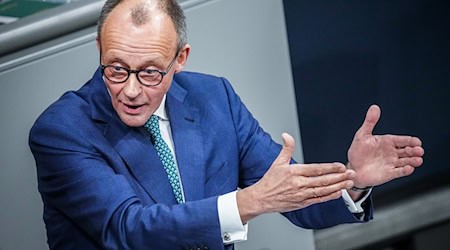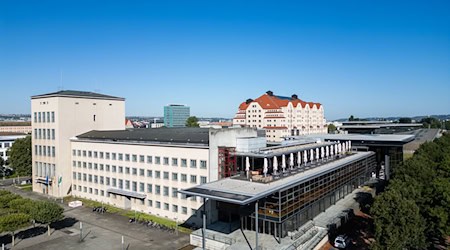After the state elections in Saxony and Thuringia, business representatives are concerned about the continued political and economic stability of both states. Sunday's election results - in Thuringia the AfD became the strongest party, in Saxony it came second just behind the CDU - could damage the region's image at home and abroad, warned Marc Tenbieg, Chairman of the German Association of Small and Medium-Sized Enterprises (DMB). Urgently needed skilled workers could also be put off.
"SMEs need stable, business-friendly framework conditions - not a backward-looking policy of extremes with anti-freedom and anti-society programs," he explained. The AfD and BSW's commitment to SMEs is "pure masking tactics to conceal their lack of economic policy profile".
"Signal of displeasure with the traffic light government"
DZ Bank described the AfD election victory in Thuringia as a devastating signal - especially internationally. And a possible alliance of the CDU with the Left and BSW would have even fewer similarities than the traffic light government in Berlin. "Resolutions that could move the state forward are not to be expected."
The German Engineering Federation (VDMA) saw the election results as "a clear signal of displeasure with the traffic light government". The association emphasized that mechanical and plant engineering companies are strongly export-oriented. "This requires an open-minded and fact-oriented policy that encourages investors, entrepreneurs and workers and does not unsettle them," said Alexander Jakschik, Chairman of the Eastern Regional Association.
The DMB board appealed to all democratic forces to work together. Tenbieg: "The state elections in two federal states must not become a blueprint for the whole of Germany." According to its own information, the association represents around 27,000 small and medium-sized companies with more than 650,000 employees.
Copyright 2024, dpa (www.dpa.de). All rights reserved

